Who did the emperor have sex with for the first time: Not the queen or concubine!
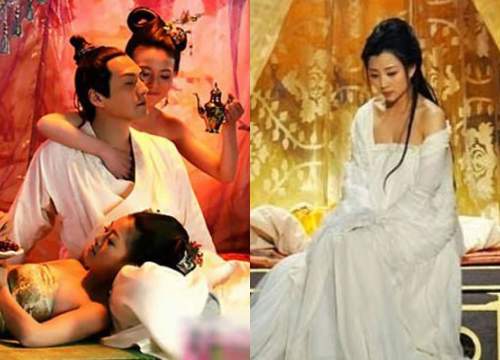
5 | 0 Discuss | Share
In fact, the wedding of the emperor and his wife, in addition to being lavish, is essentially the same as the wedding process of ordinary people, in which a dish is indispensable.
In China's feudal society, the emperor was the supreme being, and it was difficult for ordinary people to contact him, let alone see what his face actually looked like.
But after all, he is still human, so the wedding must also follow a series of rules, not much different from the procedures for ordinary people, the only difference is in the way the ceremony is performed and the ceremony. luxury.
Normally, ancient Chinese weddings would have to go through all "six ceremonies" (6 ceremonies) including: Nap thai (giving engagement gifts), asking for names (asking for names), and horoscopes (giving leaves). The horoscopes of the bride and groom go to the ancestral temple to see if they are compatible or not), deposit (pay money), report (choose a date) and finally welcome (welcome the bride).
However, this is only the custom of ordinary people, and the wedding customs of the emperor and queen - who are considered the most noble people - are much more complicated and solemn. The wedding will be announced to the whole world, and there will be no way for the emperor to personally come to welcome the bride.
In the first step, the crowning ceremony, the emperor will give the family of the woman chosen to be the queen many generous gifts such as gold, silver, jewels, silk and brocade, all of which are precious things. rare.
It is known that the wedding gift of the head of a country is provided by the royal treasury. Officials of the Ministry of Rites personally bring the bride price and holy decree to the house of the person being proposed to marry, then this person and his family perform the kowtow ceremony to show gratitude.
According to historical documents in the Eastern Han Dynasty, Han Heng Emperor Liu Zhi gave Luong Ky's daughter 20,000 taels of gold and dozens of rare silk and brocades to show the importance of a queen.
In the final ceremony, the wedding ceremony, the groom often goes to the bride's house to welcome the bride, but in the palace, it is the opposite, the queen will be brought into the palace. During the Qing Dynasty, the bride procession ceremony took place extremely solemnly and in trouble.
The queen's palanquin must be carried from Dai Thanh Mon through Thien An Mon and Ngo Mon to the harem. However, only the "mother of the world" can receive this honor, while other concubines must go through the back door of the Forbidden City, Than Vu Mon, to enter the harem.
Just like other lovebirds, the emperor and his wife will also spend their wedding night with flowers and wishes. The place where both of them got married was not in the king's bedroom, nor was there a fixed place to get married, but they usually got married at the place where the marriage ceremony was held.
The emperors of the Ming and Qing dynasties often held their marriage ceremony at Kun Ninh Palace - the third of the three concubines' palaces. During the Ming Dynasty, this was the queen's royal palace.
However, during the Qing Dynasty, the 2 rooms on the east side of the palace were built into the wedding rooms for the emperor's wedding, and the 5 rooms on the west side of the palace were built into places of worship.
On the night of the wedding, the palace maids and close eunuchs had to stay away, not daring to bother the emperor, but they also had to make sure to be on duty so they could be there immediately. However, similar to commoner weddings, emperors' weddings also included a number of symbolic ceremonies.
The ancients advocated the concept of "many children, many blessings", so the emperor's wedding also had many elements symbolizing the birth of children. On the emperor's wedding night, the queen will eat something special, not something precious, but something everyone can taste, a cake similar to dumplings, called "" Prosperous descendants".
"Prosperity Tu Zun" is a set of traditional dishes eaten by newlyweds in Northern China since ancient times, including dumplings, noodles, mantou...
When newlyweds eat these dishes, people around them will ask if they are "raw" (whether they are cooked or not) and the answer is "raw" (also the word "birth" in childbirth). This means they are willing to have children after marriage, helping the family become more prosperous.
In the Qing court, this tradition also existed, except that they ate an additional type of noodle called "Bo Bo" (meaning prosperous, prosperous), the Manchu word is dumpling.
"Bo Bo" here is not the usual meat-filled dumplings, but is made of peanuts, red apples and other ingredients, intentionally cooked half-cooked and half-raw to instruct the queen to answer "raw" when eating. . Because this dish is only half-cooked, the taste is very difficult to eat, so to this day no one wants to eat it anymore.
In the story of the emperor and queen's marriage and marriage, the palace also has many objects with other profound meanings. The bed in the Qing palace was different from the bed we use today, it was a completely closed structure with pillars, furniture and curtains, like a small house.
During the wedding ceremony, Qing couples in general and the newlywed emperor and empress in particular would hang a curtain over their bed, called the "Hundred Children Curtain", on which were embroidered one hundred small children with Full range of expressions and postures, symbolizing many children and many blessings.
There will also be a similar embroidery on the quilt, called the "Hundred Child Blanket", emphasizing that the main purpose of the royal wedding is still to have children. In the royal family at that time, having more heirs also meant having more choices for the throne.
Ly Chieu Hoang - the first and only queen of Vietnam and a tragic life 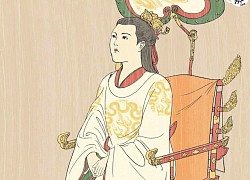 Hoàng Anh15:12:44 01/06/2022Throughout the history of Vietnam, there are only things that are unknown to posterity, but not something that cannot happen. 4000 years of building the country to defend the country, some people become heroes for thousands of generations, some people embrace the grief of losing...
Hoàng Anh15:12:44 01/06/2022Throughout the history of Vietnam, there are only things that are unknown to posterity, but not something that cannot happen. 4000 years of building the country to defend the country, some people become heroes for thousands of generations, some people embrace the grief of losing...

5 | 0 Discuss | Share
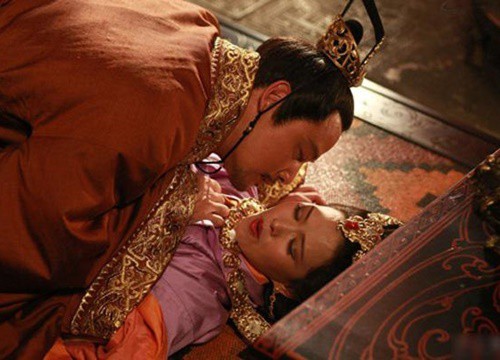
5 | 0 Discuss | Share
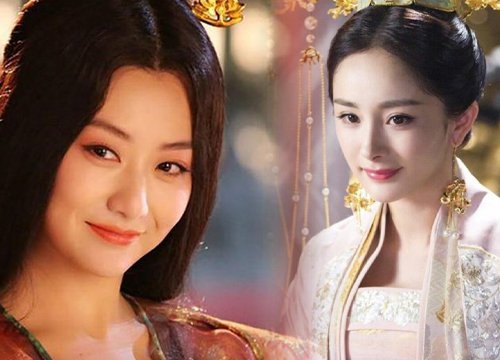
4 | 0 Discuss | Share
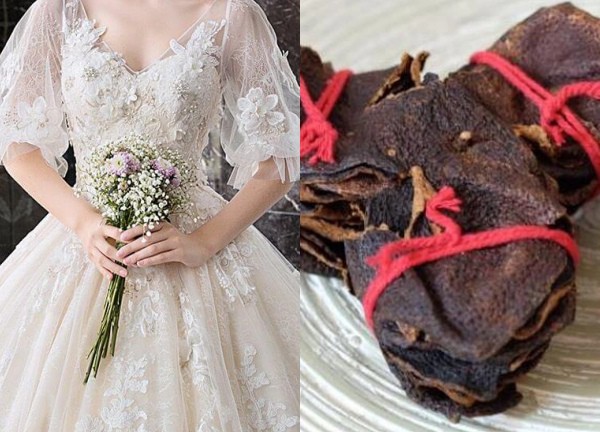
1 | 1 Discuss | Share

1 | 1 Discuss | Share
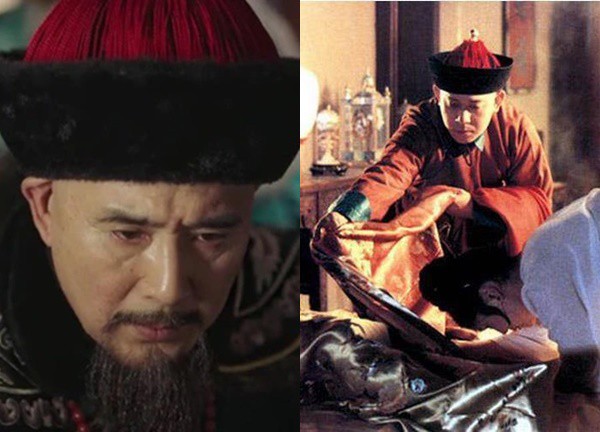
1 | 1 Discuss | Share
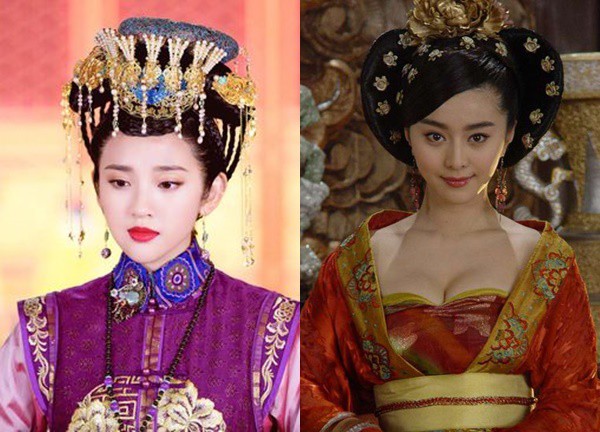
4 | 1 Discuss | Share
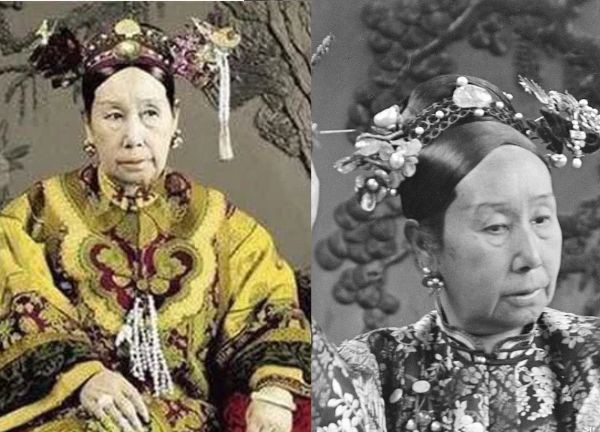
3 | 1 Discuss | Share
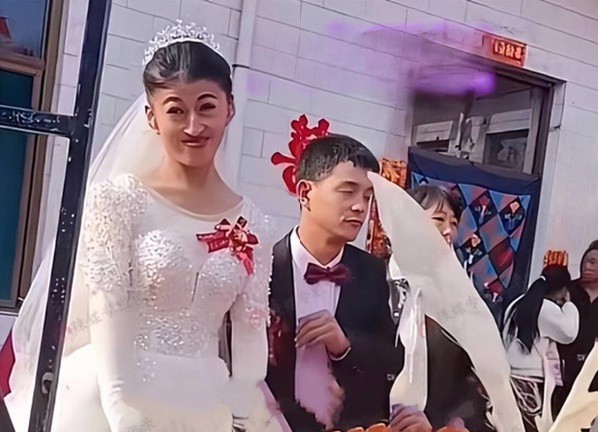
2 | 1 Discuss | Share
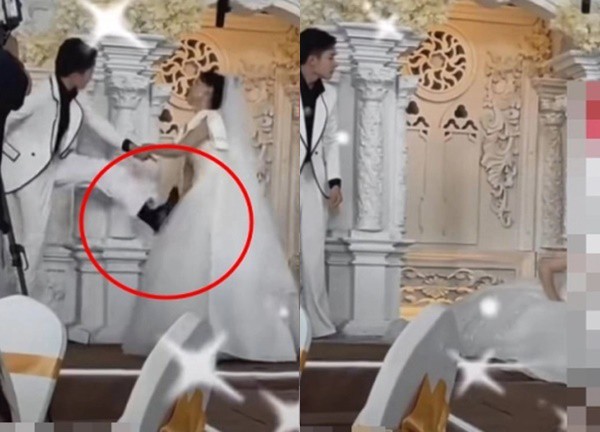
5 | 1 Discuss | Share
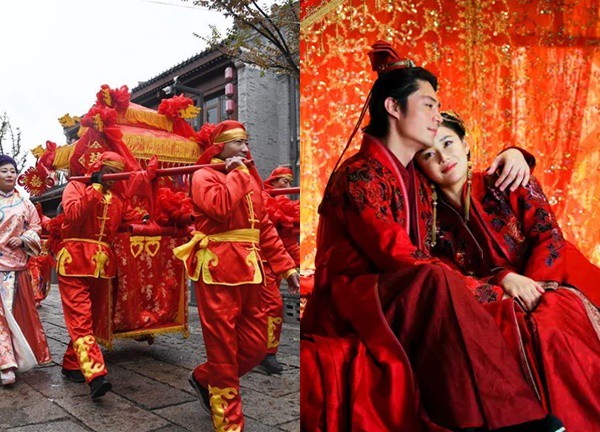
3 | 0 Discuss | Share
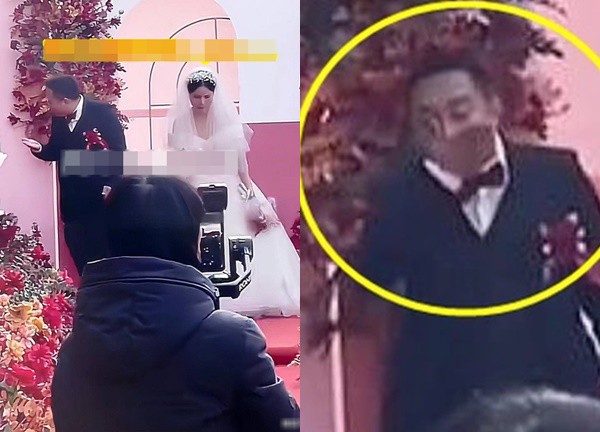
2 | 0 Discuss | Share

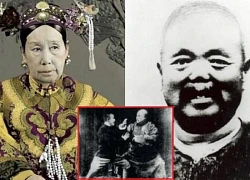

3 | 1 Discuss | Report